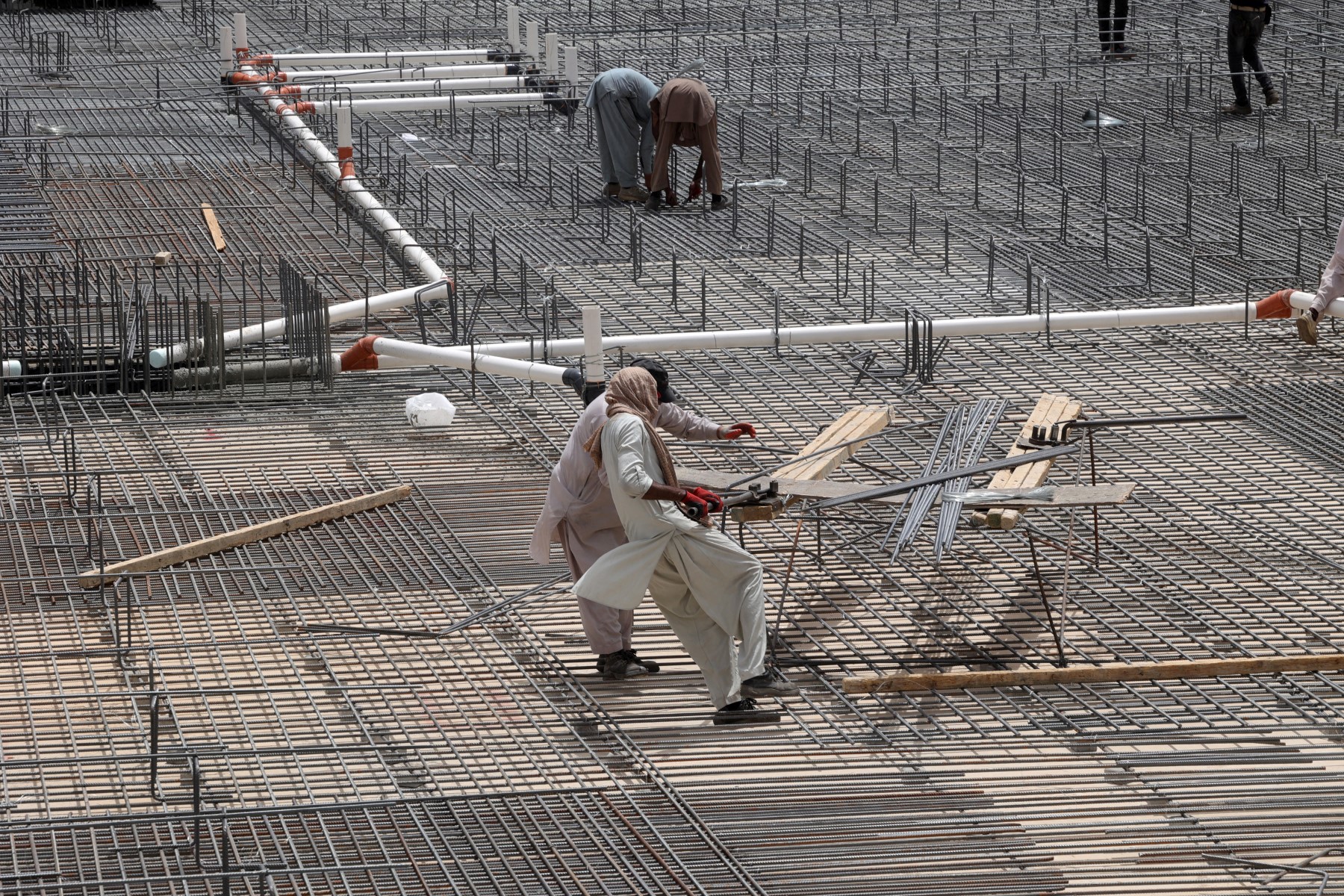Riyadh, Saudi Arabia – Saudi Arabia has revised the regulations of its Privatization Law, setting the minimum limit for a public-private partnership project at $54 million (SR 200 million). The amended executive regulations, published in the official gazette Umm Al-Qura, outline that the minimum value for the transfer of asset ownership projects is $13 million (SR 50 million).
The amendments, endorsed by the Board of Directors of the National Center for Privatization & PPP (NCP) on December 31, 2023, consist of 169 articles covering principles of privatization, minimum project values, and criteria for applying the system to privatization projects, Saudi Gazette reported.
Article three of the regulations specifies that the minimum value for the transfer of asset ownership projects is SR 50 million, while the minimum limit for a public-private partnership project is SR 200 million. This limit is based on the total nominal value expected throughout the project period, considering factors such as capital and operational expenditures, potential financial obligations for the state treasury, and expected government financial revenues.
The executive entity may combine similar projects to meet the specified minimum. If the minimum is not met, and there is a need to continue with the project related to infrastructure or public service, relevant regulations and rules will apply.
The regulations apply to privatization projects offered or contracted by government-owned companies with more than 50 percent direct or indirect ownership by the government, established or owned for the purpose of offering privatization projects.
The privatization plan, as outlined in Article 5, determines the list of assets and services proposed for privatization, specifying the responsible entity for each project. The principles guiding project implementation include fairness, transparency, contract enforcement, planning, and feasibility.
The executive regulations of the Privatization Law replace the Manual of Privatization Projects, governing rules, and a significant part of the overall regulatory framework for privatization.
Saudi Arabia initiated the privatization program in 2018 to boost the national economy, enhance the private sector’s role, and allocate government assets efficiently. The program targets sectors like transportation, health, education, and municipalities to improve service quality, efficiency, and reduce costs for individuals and companies. The revised regulations aim to foster innovation, transformation, and contribute to the development and diversification of the Saudi economy.








